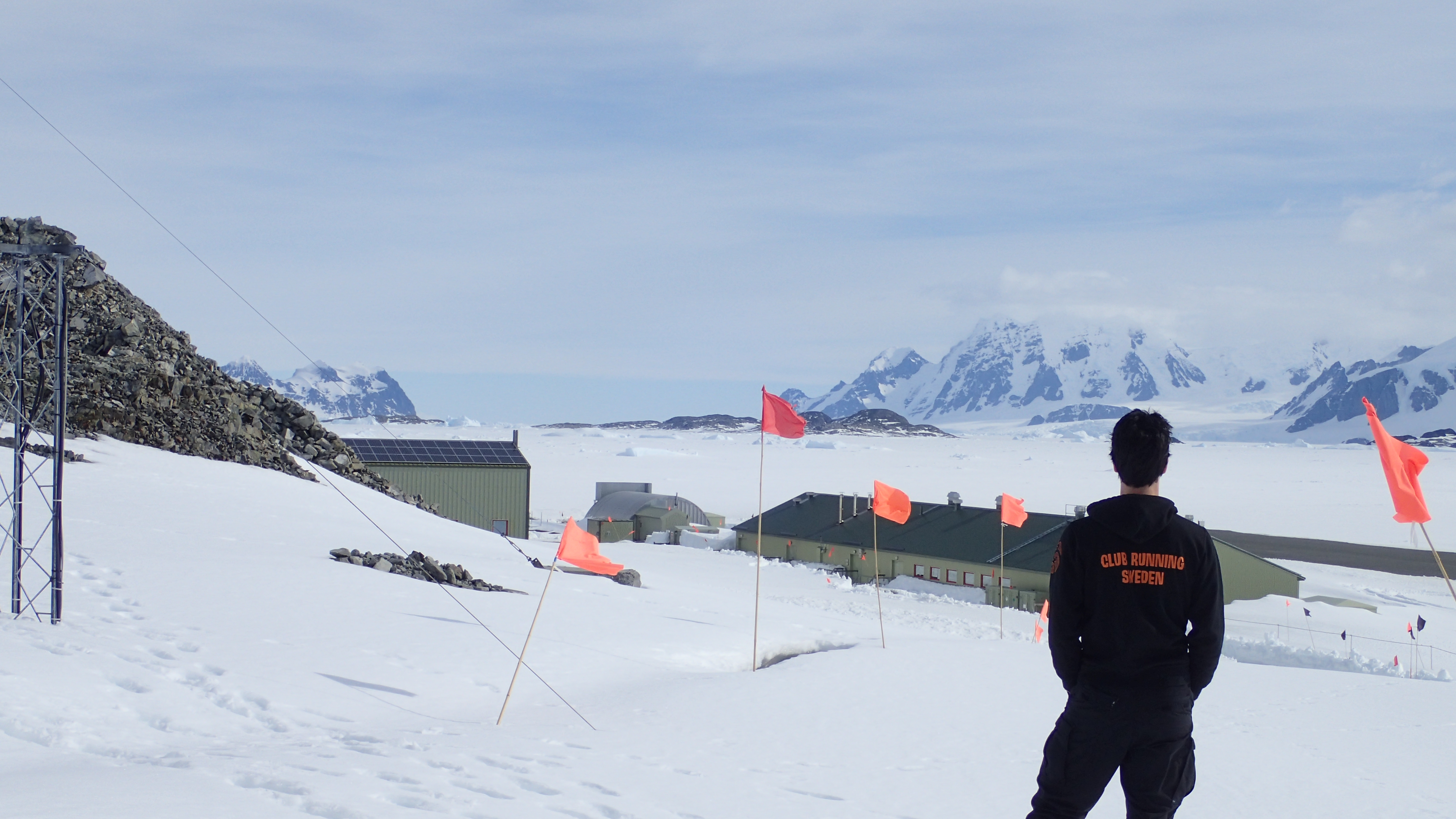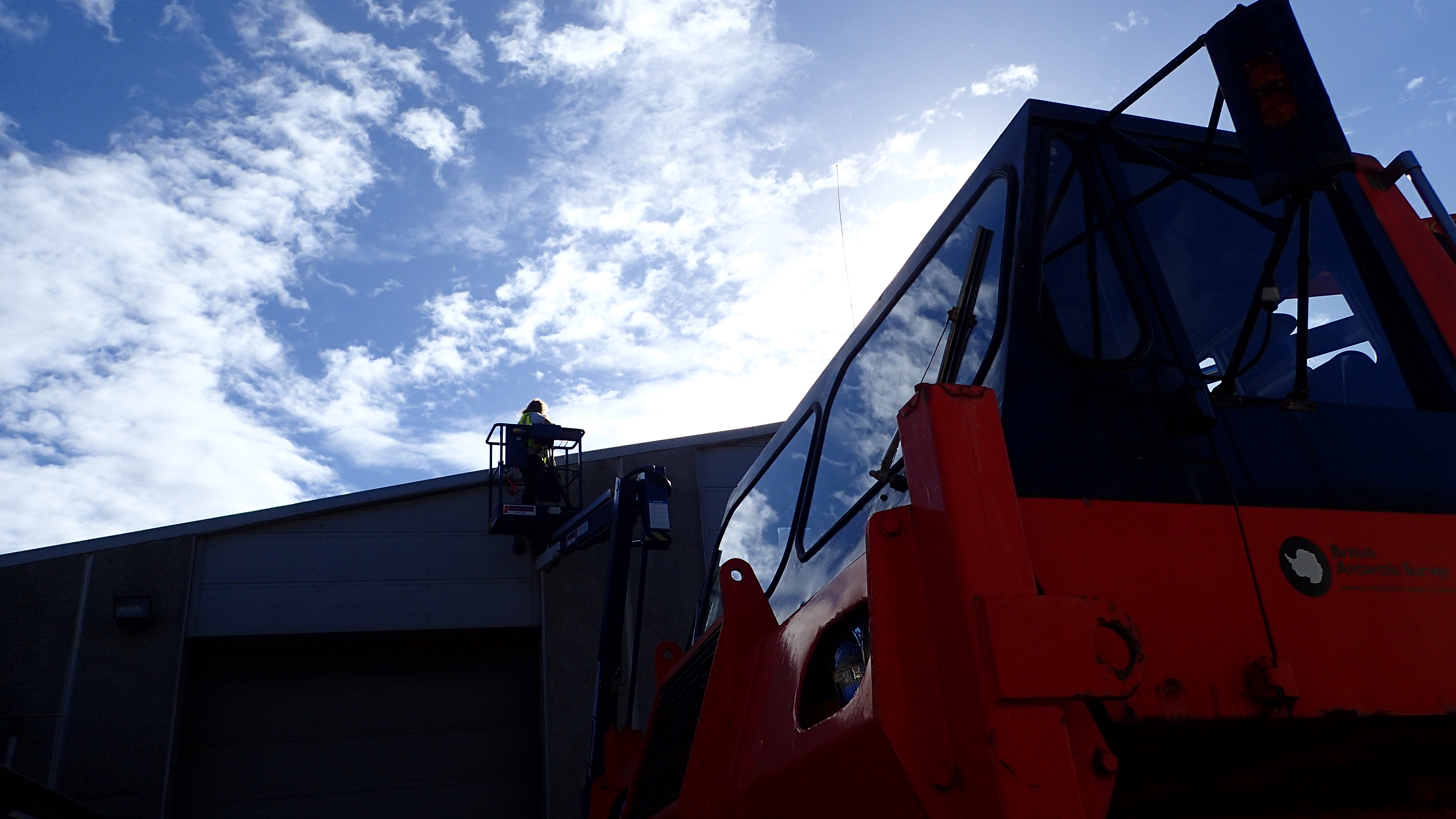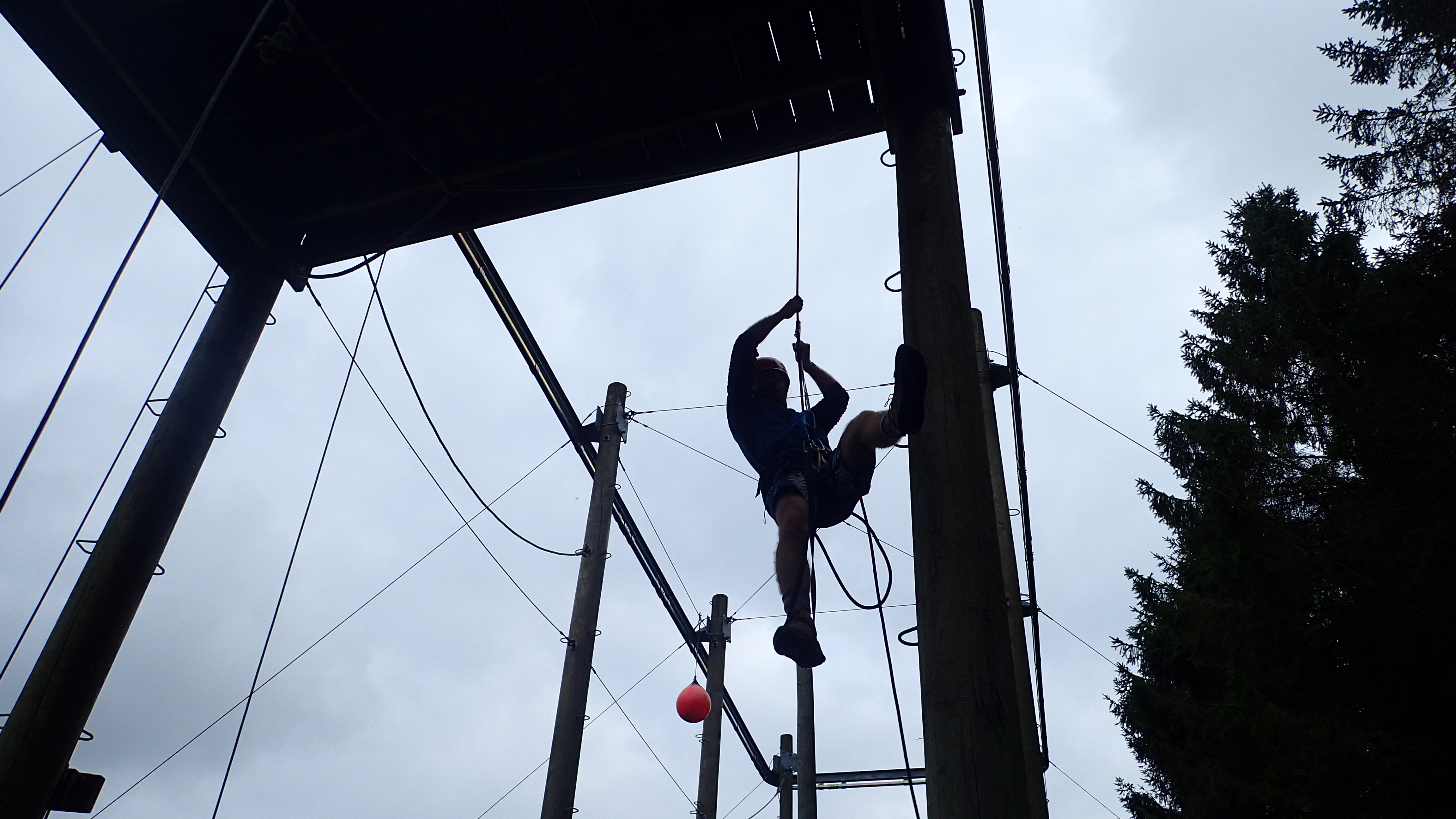As a member of the 2017 wintering team of the Halley station I was completely shocked by the news that the British Antarctic Survey BAS has decided not to winter at Halley VI Research Station for safety reasons. Being at the Brunt ice-shelf at the moment I have a view on the personal, scientific, prestige and financial loss that this decision means, and I can feel the same disappointment that the rest of our team of 16 does. So when I say ‘This is still the Antarctica.‘ it is not a sarcastic comment on a terrible news, rather a token of my appreciation to the power of this place.
BAS
Arrival to Antarctica
Well, here I am, and here is everything they promised: the frozen sea, the ice-bergs, the sun shining all day, the freezing wind and the snow covered landscape, the self-sufficient buildings, the ruggedized airplanes, just as they told, just as it was on the photos, but this time I am on the picture too, between the flapping flags, between the rocks raising over the the sea-ice, under the blazing sun in the chilly wind. It wouldn’t be much different if I would just be dreaming it all.
Ready for Antarctica
It’s been four months since I know that I’m going to spend one and a half year at Antarctica, and for the past two months I’ve been participating in the intensive training of the British Antarctic Survey (BAS) for this wintering mission. Now I’m ready. Both in my mind and heart I feel ready and eager to be there, to leave this unfrozen part of the World behind and dive into that strange universe.
Winterers’ training
(Story)
As part of our preparation for the 18 month Antarctic mission, the wintering teams of Bird Island, Halley, King Edward Point and Rothera stations of the British Antarctic Survey (BAS) had a week long outdoor training in Derbyshire, UK. However the sessions focused on more or less the same outdoor skills that are used by mountaineers, these were all placed in the very special context of the Antarctic environment, which made the whole training different from those I had before, and so assumed it might be interesting for you too. Please consider that this post is a story and not an advice, the descriptions are neither detailed nor accurate enough to be used as a training material.



